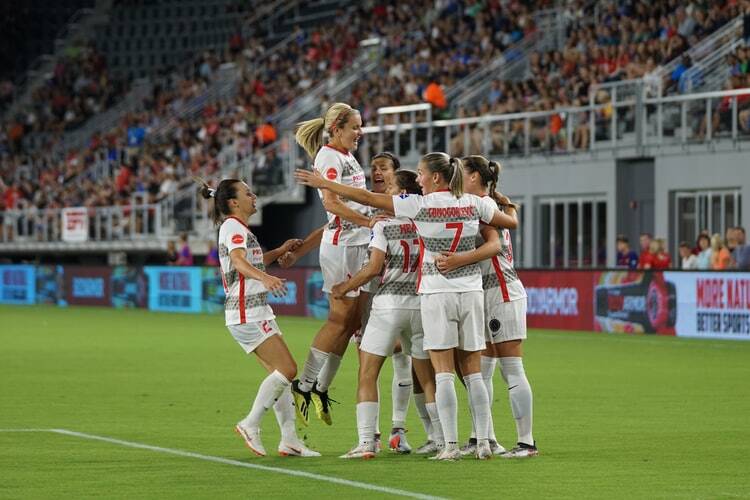
There’s a famous segment on SportsCenter entitled “Why We Love Sports.” It consists of inspiring and memorable highlights like an incredible catch, a big come-from-behind victory, or an athlete making the wish of his #1 fan come true. Today I want to address the same question–why we love sports–but from a different angle. In this post I address a reason behind the popularity of sports that may surprise you.
Over the years, I’ve cut out many activities in the interest of becoming the best version of myself, but sports is not one of them. Sometimes I’ll watch sports with my friends or in a foreign language for added benefit, but I’m not against watching sports by myself. People say that watching sports or other repetitive TV adds little measurable value to one’s life. After all, the inventory of sports is infinite–you can never “catch up” or “be ahead of the game.” It’s easy to spend an entire today absorbed in matches that quickly become irrelevant. And if you were raised around sports, you can already converse about them with little time spent actually watching the game. However, there’s a benefit to watching sports that transcends the highlight reel and the pop culture savvy, and it is has to do with human psychology.
Life is a delicate balance between order and chaos. Chaos is the natural state that everyone is born into and that exists apart from human institutions. It’s a state of discomfort, insecurity, and fear. Chaos is the absence of order. Bringing order to the world is the goal of every progressive activity. Order creates comfort, security, and confidence–order is ultimately what people are after.
Let me illustrate the difference. Chaos is sleeping outside in a tent in a predator-rich environment not knowing what your next meal is. Order is having a roof over your head with AC and a pantry full of delicious food. Chaos is the first day of a new job in a new city with unfamiliar people and technology. Order is day 250 of that same job. Order is going out with friends and family. Chaos is going out with total strangers. Order is being married to someone for 10 years. Chaos is when that someone passes away or the relationship stops working. You get the point.
Not all chaos is bad. We need a measure or chaos to progress. Too much order and you may get complacent. When someone tells you “get out of your comfort zone,” what they mean is you need a little more chaos in your life. Chaos that can stretch you and grow you into a better person. The problem is that some of us are way beyond the chaos threshold for growth. Too much chaos has become an obstacle to growth and leaves us feeling uncomfortable and insecure. What we need in life is more order.
What does any of this have to do with sports? Sports, simply, are a source of order in the world (in other cultures, family, society, and religion play an outsized role). Sports are highly predictable despite some uncertainty over the outcome. We know how much time each game lasts; we know how many players are on each team; we know how the mechanics of the game work; we know the rules and violations; we know how players are expected to perform; and we know how players and spectators are expected to behave. “Why We Love Sports” is all about chaos. But the majority of games ending in chaos, and the entirety of games ending predictably, are defined by the order of the sport itself. There is no room for chaos in sports outside the confines of the game.
Sports add order to people’s lives. Sports give people a space where their expectations about what is going to happen can be met. And the more professional the competition, the more this is so. To be sure, order isn’t the only reason people love sports. There’s community and connection; there’s the fond memories of playing the game recreationally or as a child; there’s the knowledge that “anything can happen”; there’s the big money and real life drama; and there’s the sheer amazement of seeing the product of talent and countless hours of hard work on display.
Order, however, is the one benefit that people experience but do not rationalize. And that’s the gap I’ve hoped to bridge in this article.
